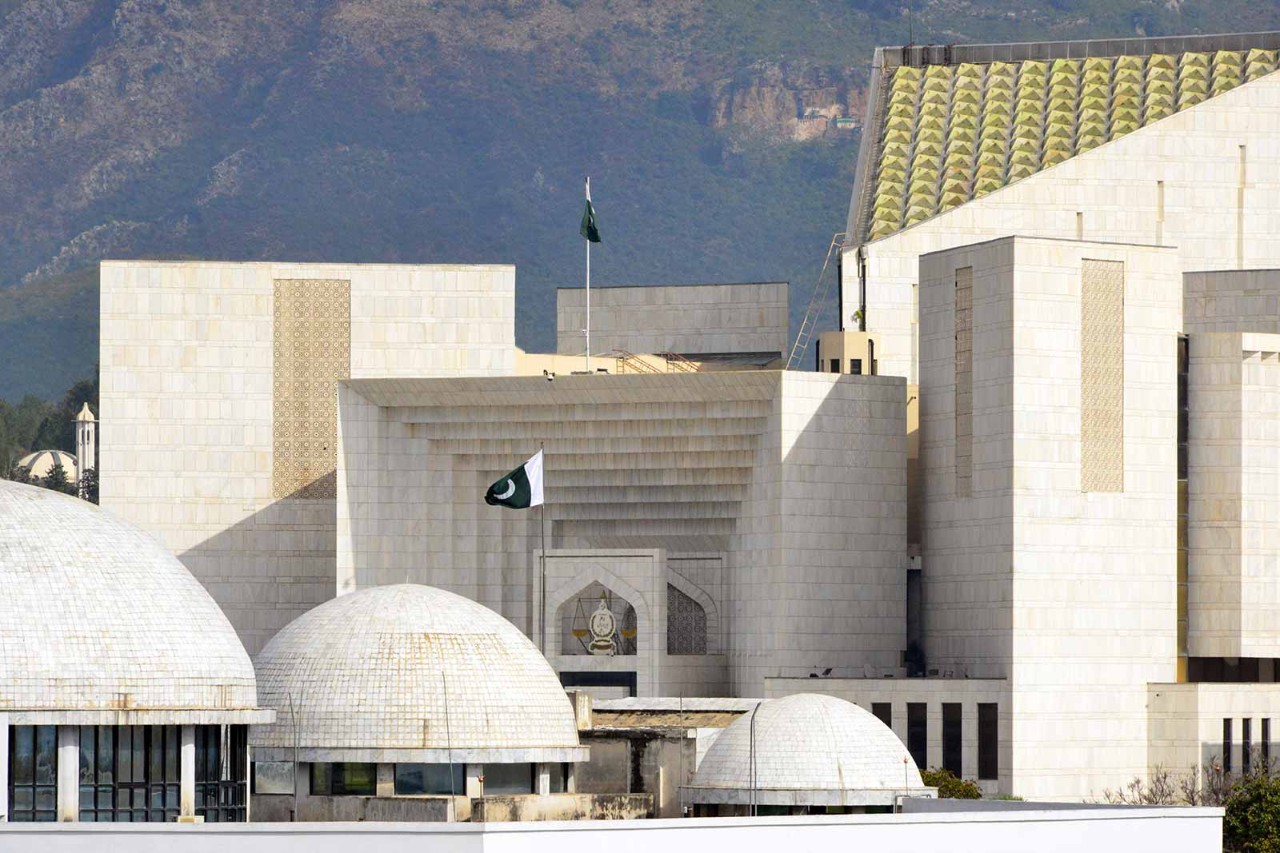
With plenty of funding and an influx of people supercharged by Covid-19 lockdowns, electronic sports are poised to move into the mainstream in the Middle East.
Emmanuel Durou, consulting partner and technology, media and telecommunications leader at Deloitte Middle East, says, ‘The fundamentals for the take-off of esports in the region are there: a very large and active gaming population across markets but particularly in KSA, and a government push to develop esports. The Covid-19 pandemic not only resulted in more players joining the gaming industry but also higher average playing times.’
Andrew Moroney, Dubai-based senior associate for sports and entertainment at global law firm Squire Patton Boggs (MEA), agrees. ‘There’s no doubt that audience numbers, streaming numbers and viewership all skyrocketed during the pandemic,’ he says. ‘Now the challenge is converting those new viewers into long-term viewers.’
‘Large sums are being allocated to esports and gaming, because governments see them as an industry to engage the youth demographic’
Bright outlook
With the key ingredients of high internet penetration and a youthful population in place – about half of the populations of Saudi Arabia and the United Arab Emirates (UAE), for example, are under 30 – the outlook for the sector in the Middle East is chock-full of opportunities for growth.
Esports insights and analytics provider Newzoo predicts that the Middle East and Africa regions will experience a compound annual growth rate of 15.1% through 2024.
Public investment
Governments across the Persian Gulf are investing heavily in the required technological infrastructure and also in ‘soft infrastructure’, such as immigration policies, to support the esports ecosystem, attract talent such as athletes, developers, publishers, medical and nutrition staff, and facilitate events management – all of which are key components of a thriving esports sector [see box].
‘The UAE and Saudi Arabia both have aggressive diversification strategies where tens of billions of dollars are being pumped into various initiatives to diversify the economies away from oil,’ Moroney explains. ‘Large sums are being allocated towards projects and sectors such as esports and gaming, because governments see them as a very relevant industry to engage the youth demographic.’
Durou notes that Egypt, with its vast population of under 25s and avid gaming community, also looks promising, however more will need to be done in infrastructure development and funding to scale the market.
Enhanced experience
Evidence of a developing infrastructure outside Egypt is not hard to find. Durou notes that telcos have started to partner with gaming companies such as Activision to enhance gaming experience. ‘Other promises of success include the large Middle East community on the live streaming service Twitch (over five million users across the GCC), one of fastest growing regions in the world.’
He also points to the recent launch of the Savvy Gaming Group by Saudi Arabia’s Public Investment Fund to pioneer the development of the gaming and esports industry as another clear signal of the objective of KSA to be a leader in the region and potentially a key player in the global stage.
Esports academy
The UAE, also a key contender, was early into the game, hosting the first large-scale competition seven years ago in Dubai, while Abu Dhabi is putting esports at the centre of its new residential and entertainment complex Al Qana which will feature a large gaming complex and a certified esports academy. Saudi Arabia meanwhile has announced that its planned smart city complex at Neom will include the largest centre for games development in the world.
Prince Faisal bin Bandar bin Sultan Al Saud, president of the Saudi Esports Federation (SEF) and vice president of the Global Esports Federation (GEF) is pushing the development of esports in the kingdom and the wider region. Saudi has hosted multiple competitions, including the second leg of the 2021 GEF tour, which took place in Riyadh in October 2021, with the UAE hosting the third leg in Dubai in December.
In a nutshell
Electronic sports – esports – involves competitive video gaming in which individuals or teams of players go head-to-head in games such as Fortnite, League of Legends and PUBG in pursuit of large sums of prize money, watched by growing numbers of spectators. According to Statista, the global market was worth just over US$1.08bn in 2021, with the largest share of revenues coming from sponsorships and advertising (US$641m), followed by media rights (US$192m). In 2024 global market revenue is forecast to reach US$1.62bn.
China and the US are the front-runners. In 2021, the International 10, online video game Dota 2’s latest competition, held in Bucharest, Romania, set a record with its prize pool of more than US$40m.
Telcos have started to partner with gaming companies such as Activision to enhance gaming experience
Regional conference
Also in December, Saudi Arabia hosted the leading B2B digital games conference in the Middle East and Africa, DGC MEA. The annual conference, launched in 2017, is attended by about 500 gaming-related companies from over 30 countries in the region.
Hamza Mohammed, co-founder and head of Evolite Studio, an application development and user interface design firm and a speaker at the conference, notes that ‘The presence of such conferences in the Middle East is clear evidence of the growth of the sector in the region. Myself and my fellow developers had rich discussions about the industry.’
Muhammad, like Moroney, agrees the available tech infrastructure for the sector is growing significantly, pointing to new servers being opened in Bahrain and the UAE, which will improve the gamer experience.
‘The sector only needs more time to mature,' he adds. 'The allocation of funds by governments to support its development is really useful and will attract many investors by 2030.’
Opportunities for accountants
As with any nascent industry, there will be opportunities for finance and accounting professionals. Deloitte’s Durou says esports will be no exception, ‘particularly given the complexity of the flow of funds in the esports ecosystem between esports athletes, teams, leagues, publishers and audiences. From a publisher standpoint, the accounting of intangible assets such as self-developed games will be a growing area of interest. Similarly for esports leagues, the acquisition of franchise rights will bring up the complexity of the recognition of these intangible assets – another uncharted territory.
‘Lastly given the nature of the transactions in the esports world – micro transactions, virtual good buying, etc – revenue recognition will also need to be carefully thought through throughout the esports ecosystem. Many other aspects, akin to what has been observed in more mature media subsectors such as revenue sharing, will provide vast opportunities for finance professionals and regulators to help this industry grow and mature.’

